Lent Well-Spent
As a sidebar, when I was about 6 years old the nuns trooped our Sunday school class into the church, and lifted us up one by one so that we could reach the bloody feet of the painted plaster larger-than-life-sized Jesus on the cross. We were told to kiss the wounds, and after we did the nuns said to us individually as they were lowering us down, "See what YOU did to our sweet Jesus? YOUR sins drove those nails into his feet. And all He wanted to do was love you! And look what you did! You KILLED him!"
I was terrified. Guilt ridden. I wept at home, blubbering to my parents what had happened. To my mother's credit, a few heated calls were made and I was taken OUT of Sunday school forthwith. My mother was even more formidable when she set her mind to it than the nuns.
Messages that warp children and adults are certainly not unique to old-line,old-fashioned Catholicism. I know many adults that were warped right out of faith from any tradition you can name. It seems to me that whenever we organize around a principle, that we corrupt the principle - so I have this lover's quarrel with organized religion of almost any stripe. But that's a post for another day.
Today I have to set what I will/won't do during Lent to mark the season.
I have spoken earlier on this blog about images that keep coming up for a reason. Lately I have been coming across any number of things about forgiveness. I turn on the TV and that is a topic. I open a book, same thing. I read someone else's blog,there it is. But when I read this essay on Forgiveness on the Chabad site, (the site of the Lubavitcher Hassidic Jewish community) I felt that scales began to fall from my eyes.
Here is a tiny bit of it, but I encourage you to read the whole beautifully written and touching essay yourself :
I don't want anger and blame to ruin any moment of my life nor rend me from the unity with which G-d has created the world and that only I have the power to destroy. ...He knows that both He and I, and all those that He and I love, will eventually, continuously do unforgivable things to each other. And despite the pain we will cause each other, we will need to forgive each other. To not forgive would be an unbearable breach of the unity of creation.
So I have decided that every day of the 40 Lenten days I am going to forgive someone for something -- maybe someone else, maybe myself, maybe even God -- maybe a big thing, maybe a small thing, maybe a tiny thing -- maybe something that happened today, maybe something that happened 40 years ago. But every day I will forgive.
It will teach me a great deal about what forgiveness is, and what it is not -- and with luck it will change me. I think you can probably expect to be hearing more about this over the next 41 days, and I welcome your thoughts and your prayers.





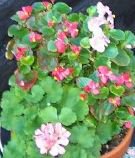

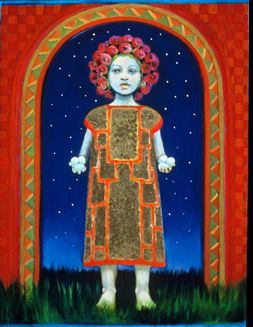



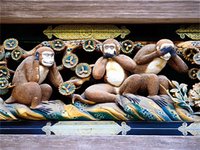


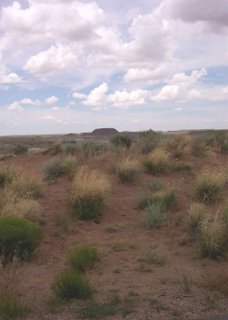

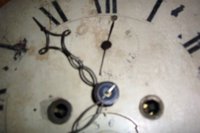



 Blogs That I Read
Blogs That I Read

